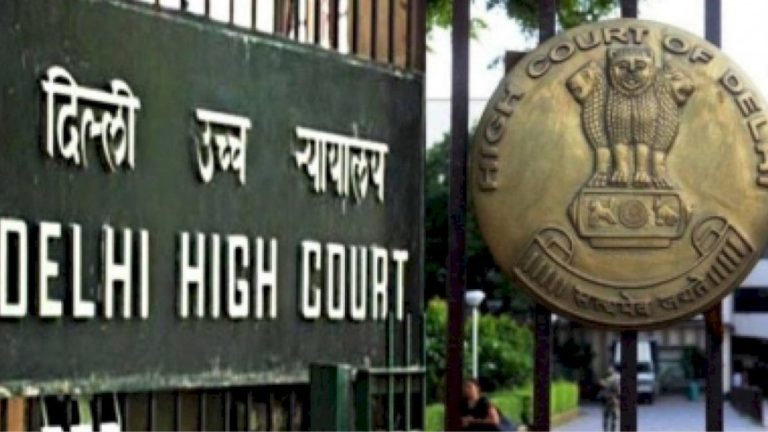The Delhi High Court ruled that the Central Council of Homeopathy is an “Industry” under the Industrial Disputes Act, 1947.
The Court observed that the Council being a research – institute working in the field of homeopathy for the Government of India, is working with the cooperation of the employer-employee in a systematic way and for the betterment of the homeopathy department of the country.
The bench of Justice Chandra Dhari Singh observed, “the petitioner being a research – institute working in the field of homeopathy for the Government of India, is working with the cooperation of the employer- employee in a systematic way and for the betterment of the homeopathy department of the country, hence, it falls within the ambit of “Industry” under the Act.”
Brief Facts-
The Respondent Vijay Singh was appointed as a temporary stenographer with the petitioner Central Council of Homeopathy and was regularised as senior stenographer later. Due to alleged misconduct, he was suspended, and a chargesheet was served. An inquiry led to his compulsory retirement. He raised an industrial dispute, and the Industrial Tribunal upheld his suspension, denying him relief. Subsequently, the respondent filed a petition under Section 33-A of the Industrial Disputes Act, alleging improper retirement during the dispute. The Tribunal ruled that the petitioner had violated the Act and ordered the respondent’s reinstatement. Thus the Council filed the Writ Petition.
Also read: Anand Tripathi is new CHRO of Aditya Birla Group (Century Textiles)
The Court mentioned the decision of the Supreme Court in Bangalore Water Supply and Sewerage Board v. A. Rajappa, (1978) 2 SCC 213 and according to the Court SC observed, “the research institutes fall within the definition of “industry” since they are working in a systematic way, with the cooperation of the employer- employee with a motive to do such inventions which are for their benefit as well as the country in terms of the of goods and services and wealth.”
The Court noted that under Section 33 of the Act, the conditions of service of a workman shall remain unchanged during the pendency of an industrial dispute. As per the Court, two exceptions carved out in this regard is firstly, to alter in regards to any matter which is not connected with the dispute and secondly, for matters pertaining to any misconduct that is not connected with the dispute.
Patna “Section 33-A is a special provision and procedure which aims to adjudicate as to whether conditions of a service, etc. have been changed during the pendency of proceedings before an Industrial Tribunal.”, the Court noted.
“The essential requirements for maintainability of a complaint under Section 33-A, held, consideration of two aspects, viz., firstly, whether there was any violation of Section 33, and secondly, whether the act complained of was justified or not.”, it noted further.
The Court noted that the respondent workman was compulsorily retired even though the industrial dispute was pending adjudication before the Tribunal.
According to the Court, the petitioner acted in contravention of Section 33 of the Act and is duly liable to be punished under Section 31 of the Act.
Accordingly, the Court said that the impugned award does not suffer from any illegality or infirmity.
Finally, the Court dismissed the petition.
Cause Title: Central Council of Homeopathy v. Vijay Singh (Neutral Citation: 2024:DHC: 4061)
Appearance:
Adv. Rajat Arora and Adv. Neeraj Singh
Stay connected with us on social media platforms for instant updates click here to join our LinkedIn, Twitter & Facebook



































